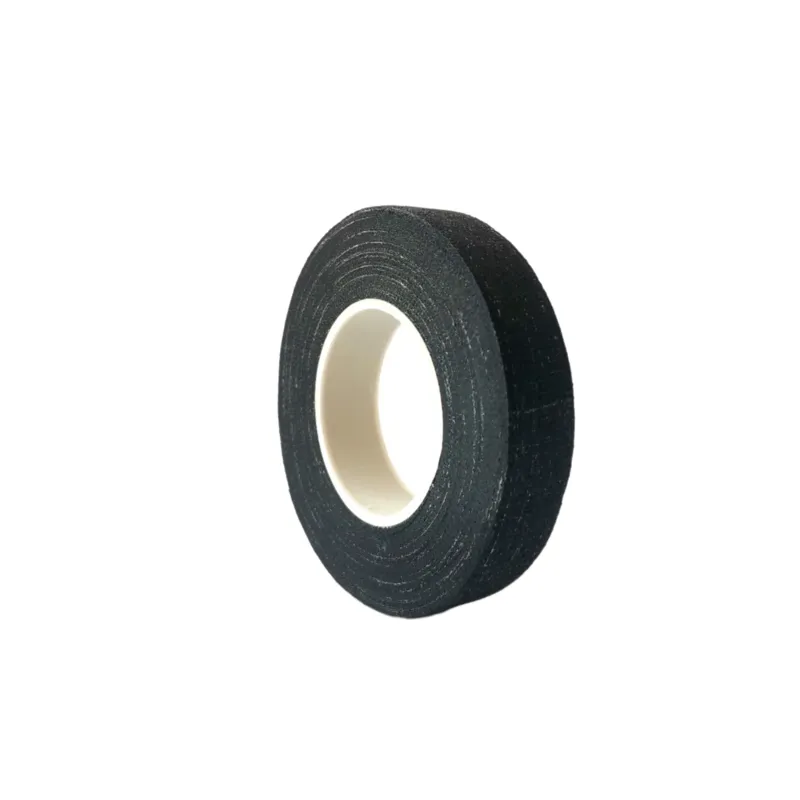The Versatile Uses of Butyl Rubber Tape
Butyl rubber tape is a highly versatile adhesive product that has found its niche in a variety of applications across different industries. Known for its excellent sealing properties, durability, and resistance to various environmental conditions, butyl rubber tape has become a preferred choice for both professionals and DIY enthusiasts. In this article, we will explore the many uses of butyl rubber tape and why it stands out as an essential tool.
What is Butyl Rubber Tape?
Butyl rubber tape is made from butyl rubber, a synthetic rubber known for its low permeability to gases and moisture. This characteristic makes it an ideal material for applications requiring airtight and watertight seals. The tape is usually backed with a strong adhesive that ensures a long-lasting bond on various surfaces, including metal, wood, plastic, and glass.
1. Waterproofing and Sealing
One of the most common uses of butyl rubber tape is in waterproofing and sealing applications. It is widely used in construction to seal roofing, windows, and doors, providing a reliable barrier against rain and moisture. The tape’s ability to create a watertight seal makes it ideal for use in basements, bathrooms, and outdoor structures. It effectively prevents leaks and protects buildings from water damage.
2. Automotive Applications
In the automotive industry, butyl rubber tape serves several purposes. It is often used to seal windshields and other glass components, ensuring they are secure and leak-free. The tape's high-temperature resistance also makes it suitable for applications in engine compartments and areas exposed to heat. Additionally, butyl rubber tape can be used for soundproofing and vibration dampening, enhancing the overall comfort of vehicles.
3. HVAC Systems
butyl rubber tape uses

Heating, ventilation, and air conditioning (HVAC) systems benefit greatly from the use of butyl rubber tape. It is commonly applied to seal ductwork, preventing air leaks that can lead to energy loss and reduced efficiency. The tape’s ability to withstand extreme temperatures and humidity makes it an ideal choice for HVAC installations, ensuring that systems operate optimally and economically.
4. Electrical Insulation
Butyl rubber tape is also utilized in electrical applications for its excellent insulating properties. It is used to wrap and protect electrical connections, preventing moisture ingress and electrical shorts. Its flexibility and conformability allow it to be applied easily to irregular surfaces, making it a favorite among electricians.
5. Insulation
In addition to its electrical applications, butyl rubber tape is often used in thermal insulation. It can seal insulation materials in place, preventing gaps that could compromise energy efficiency. This is particularly important in both residential and commercial buildings where maintaining temperature control can lead to significant cost savings.
6. Craft and DIY Projects
Beyond industrial applications, butyl rubber tape has found its place in the world of crafting and DIY projects. Its strong adhesion and flexibility make it a popular choice for art projects, repairs, and various household applications. Whether it is used to fix a leaky garden hose or secure materials in place, butyl rubber tape proves to be an invaluable tool for creative minds.
Conclusion
In conclusion, butyl rubber tape is a remarkably versatile product that serves a multitude of purposes across various industries. Its exceptional sealing capabilities, resistance to moisture and heat, and strong adhesive properties make it a go-to solution for waterproofing, automotive, HVAC, electrical insulation, and even creative projects. Whether you are a professional seeking reliable materials for construction or a DIY enthusiast looking for a quick fix, butyl rubber tape offers the ideal combination of durability and effectiveness. As technology continues to evolve, we can expect even more innovative uses for this indispensable product.
-
XIANGFAN Rubber Tape-Ultimate Solutions for All Your Insulation NeedsNewsJun.24,2025
-
XIANGFAN Rubber Tape-Protection for Industrial and Residential ApplicationsNewsJun.24,2025
-
XIANGFAN Rubber Tape: Superior Safety and Sealing for Demanding EnvironmentsNewsJun.24,2025
-
XIANGFAN Rubber Tape: Reliable Solutions for Every Electrical ChallengeNewsJun.24,2025
-
XIANGFAN Electrical & Industrial Tape: Powering Reliability Across IndustriesNewsJun.24,2025
-
XIANGFAN Electrical & Industrial Tape: Excellence in Every ApplicationNewsJun.24,2025
